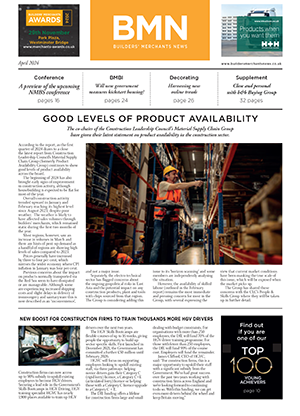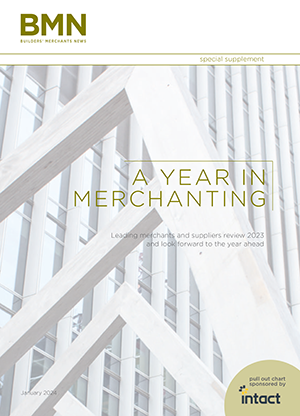Ask yourself: are you investing in sales and marketing and how do you know if you’re getting a return on your investment? If you don’t get a direct return on investment in this climate is it better to save your money?
Of course costs need to be kept to a minimum, but we can now see examples of merchant businesses that have invested their way through sales and marketing during the downturn and those who have cut costs excessively.
To measure your return on expenditure in sales and marketing, compare companies who invested in sales and marketing during the recession and those who didn’t. Then compare where they are today. Companies who didn’t invest did not do as well as those who did!
In this article I will explain why I think sales and marketing is an investment, and not a cost.
Sales and marketing costs for builders’ merchants come from promotional items like salespeople, exhibitions, customer services or telesales staff, display areas, company cars etc. The skill is to examine the “promotional mix” to achieve the same result but for less cost. An example would be: do you need to employ a marketing manager or can you outsource the management of your marketing? Do you need full-time external salespeople or can you outsource this function? What about exhibitions – do you need them? On the other hand, social media and public relations are cheap and very effective – but are you using it?
The first thing is to carry out a review of your promotional mix and go about your sales and marketing in an innovative, cost-effective way. This exercise greatly increases your chances of getting a better return on your investment from your sales and marketing spend. Having revised your promotional mix to improve effectiveness and reduce cost (or for some merchants start investing in sales and marketing) you then need to be sure you are investing and not spending money!
Marketing your business is required because if a builder has never heard of you, then how can they buy off you? How would a small builder know you have a special promotion on cement or that you are now stocking landscaping products? Possibly a builder stopped buying off you because they didn’t like the timber you were supplying two years ago, but since then have you corrected that situation? How have you been communicating with them? It’s not until you sit down and think about what really changes in your business, do you realise how much change needs to be communicated to your existing and potential customers to maximise sales.
Failing to market your business correctly does mean customers stop buying off you as they are lured away by your competitors who are better at marketing. You need to keep costs under control, but history is now showing that failing to keep your investment in sales and marketing means profits can be lost as you are failing to communicate with the people who really matter: the customers.
Therefore sales and marketing is an investment; it keeps your brand alive and lets your customers know about all the good things you are doing for them. It’s not just a cost, and it’s not an option – it is a necessary function of a merchant business. Over time, if it’s not carried out, sales revenue and hence profit will fall away.
Tony Crutcher is a building materials sales and marketing specialist.







